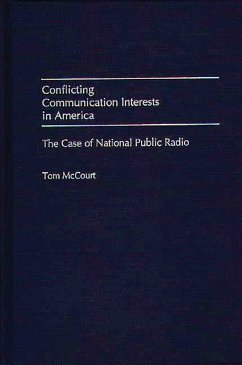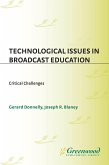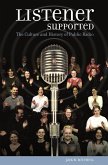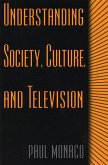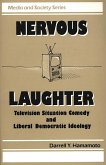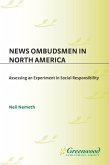Public broadcasting has changed dramatically since its founding in 1967. The growing equation of marketplace efficiency with the public interest has, in Tom McCourt's analysis, undermined the value of public goods and services. In addition, political and cultural discourse is increasingly beset by fragmentation. Public radio provides an exemplary site to examine the prospects and problems of contemporary public life. Beginning with a description of the events that led to the creation of National Public Radio, McCourt discusses the relationship between NPR and its affiliate stations and the ways in which struggles over funding and programming have affected public radio's agenda. He also examines how public radio incorporates the roles of public representatives into its operations and how its methods to determine the needs and interests of the public have changed across the system's history. The social, political, and economic pressures that have impacted the mission and practices of National Public Radio, McCourt asserts, are manifest in all areas of American life. Through extensive historical research, he examines whether American public broadcasters, as represented by NPR, have succeeded or failed to engender an enlightened, participatory democracy.
Bitte wählen Sie Ihr Anliegen aus.
Rechnungen
Retourenschein anfordern
Bestellstatus
Storno

